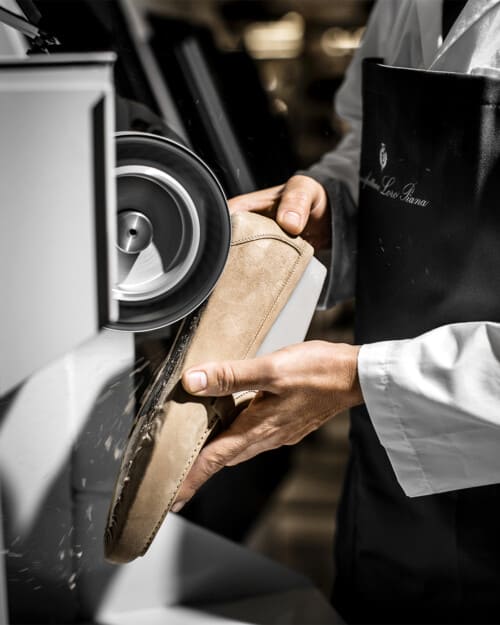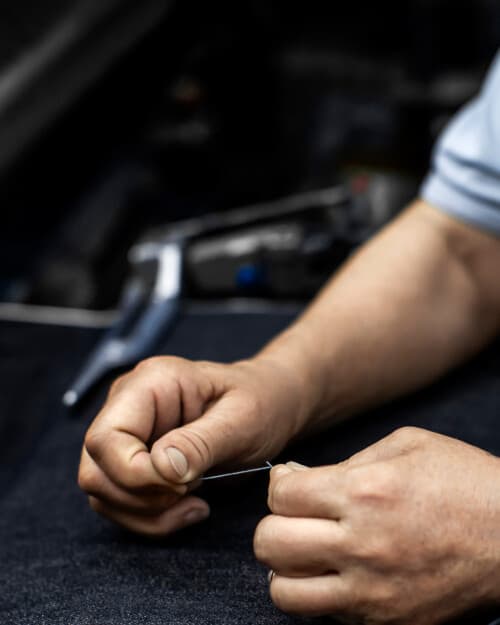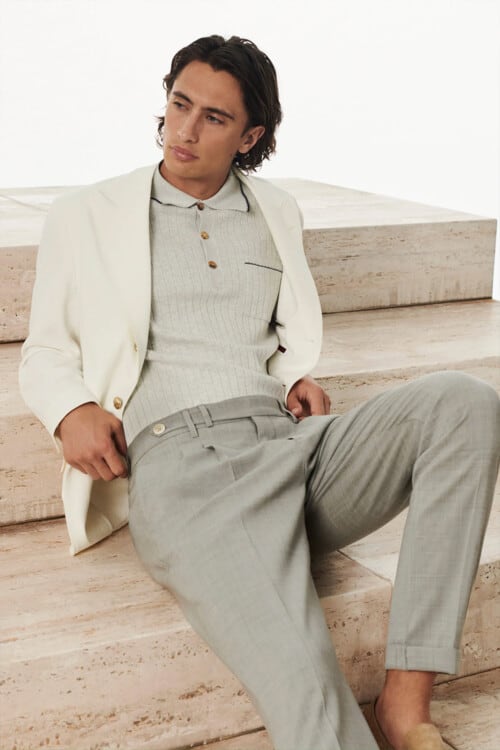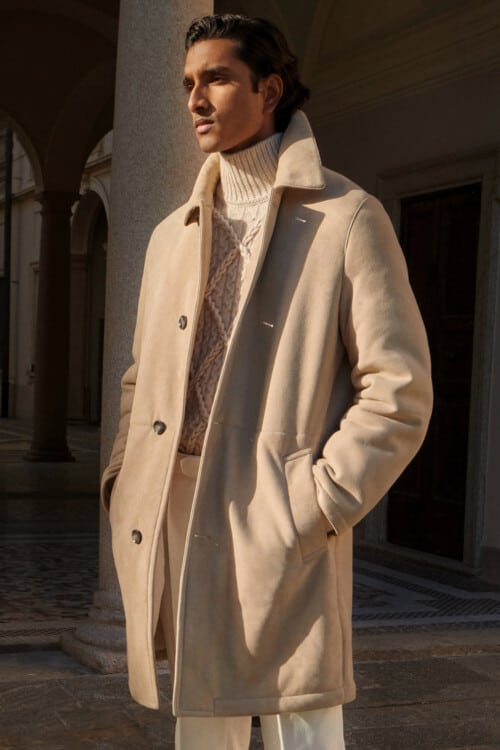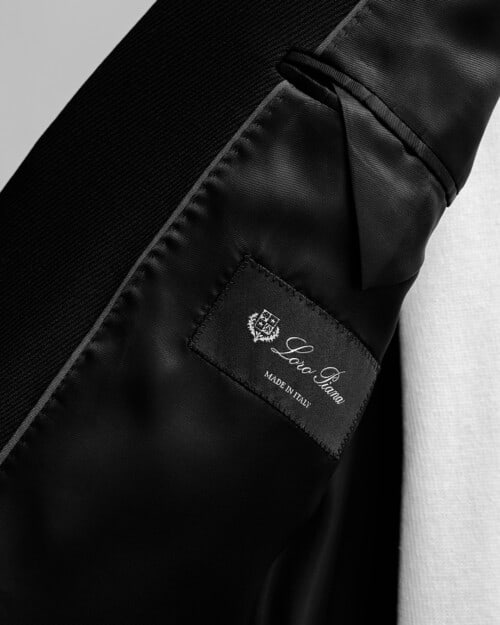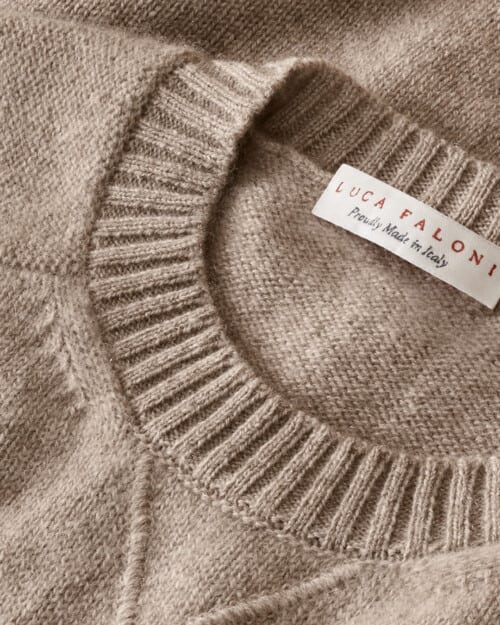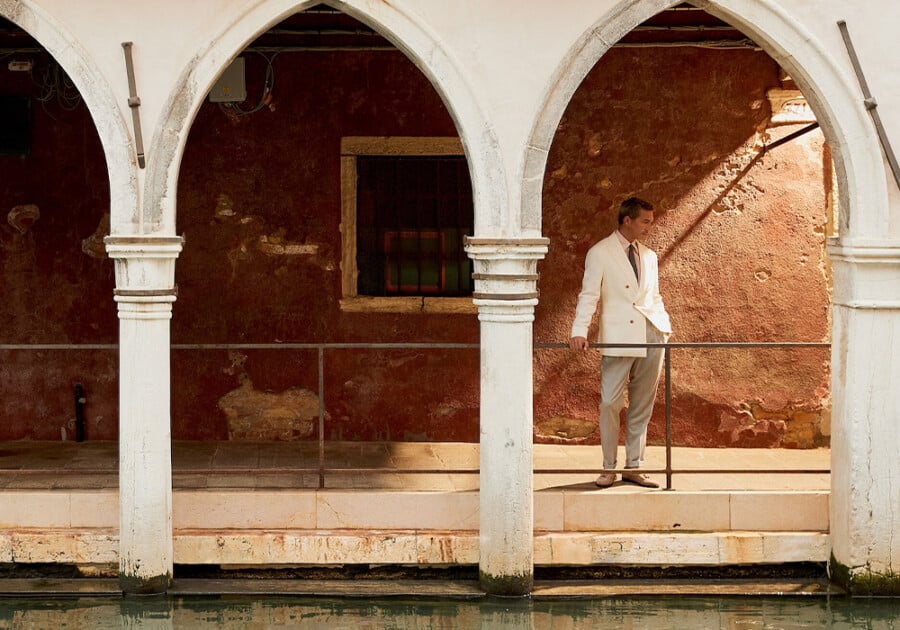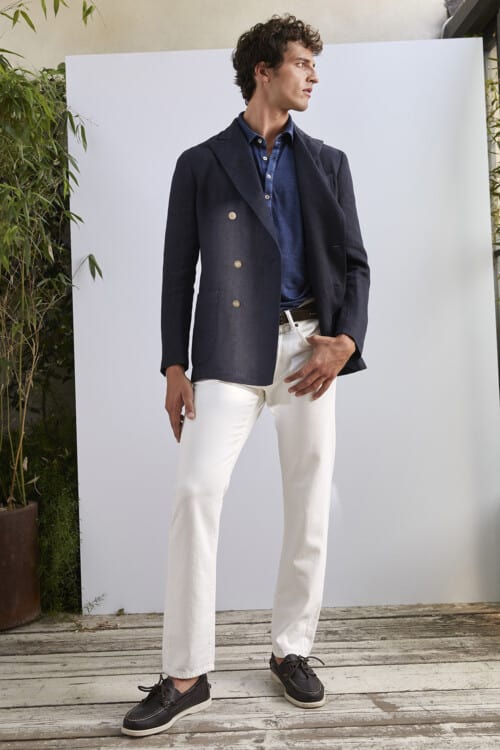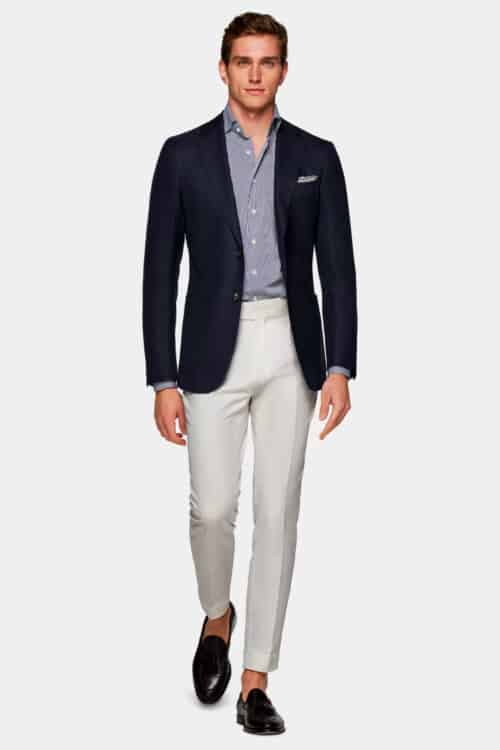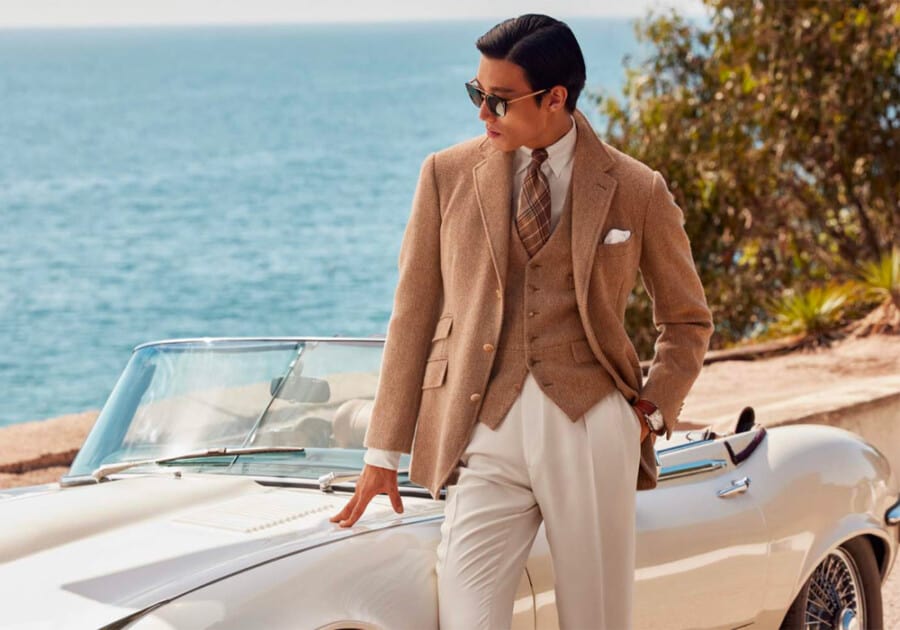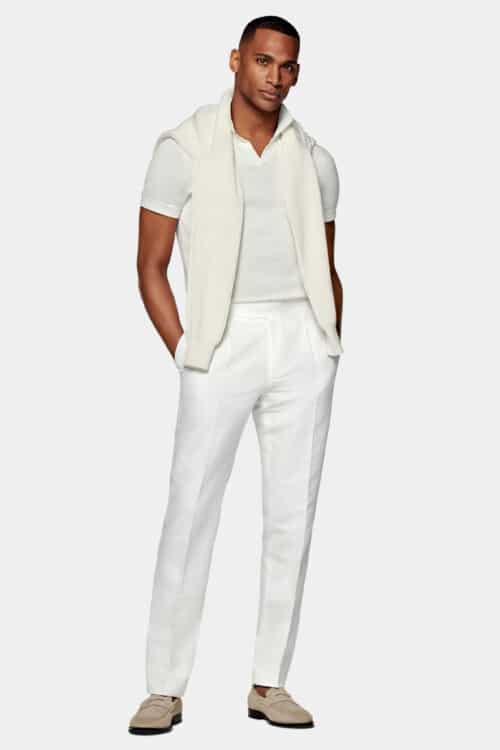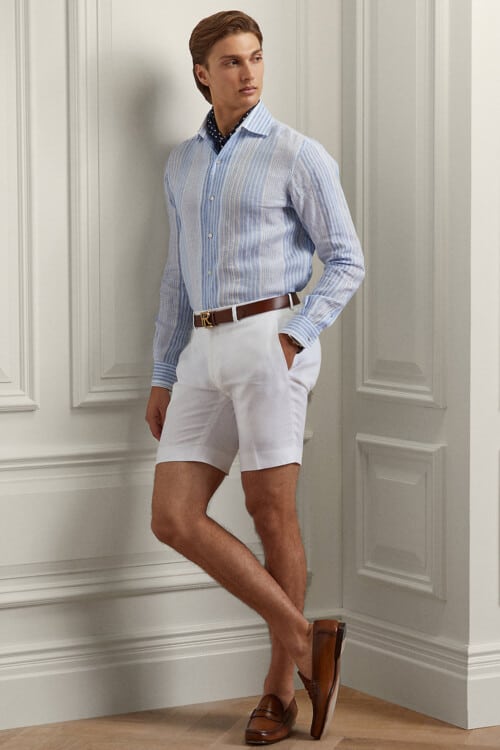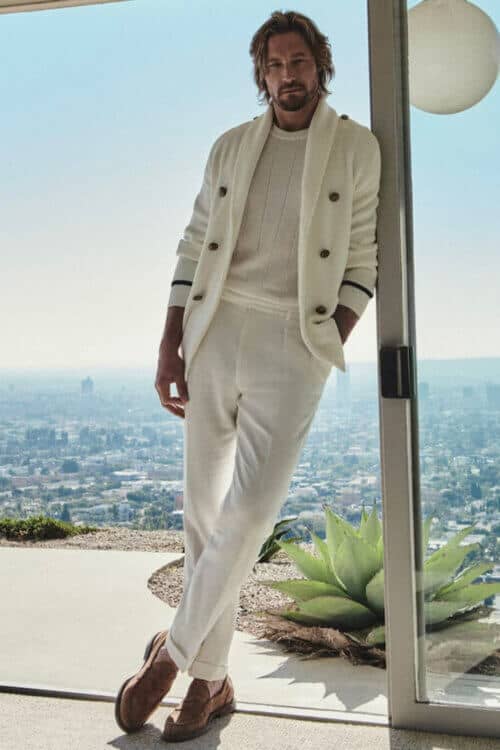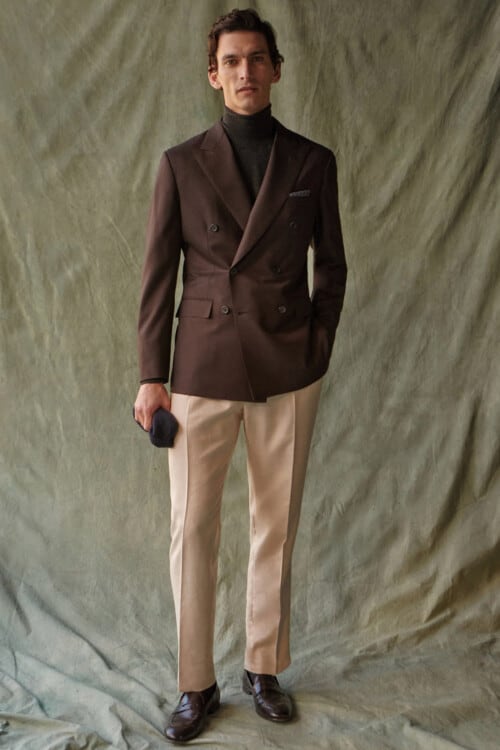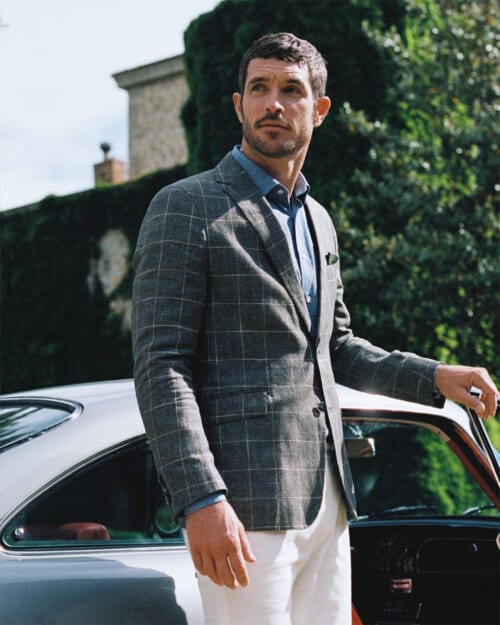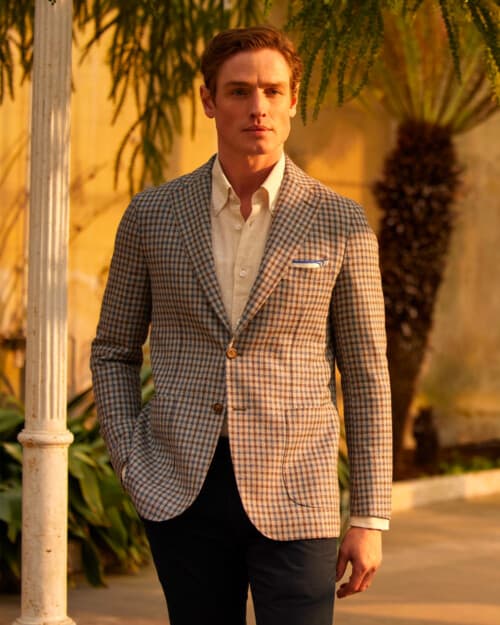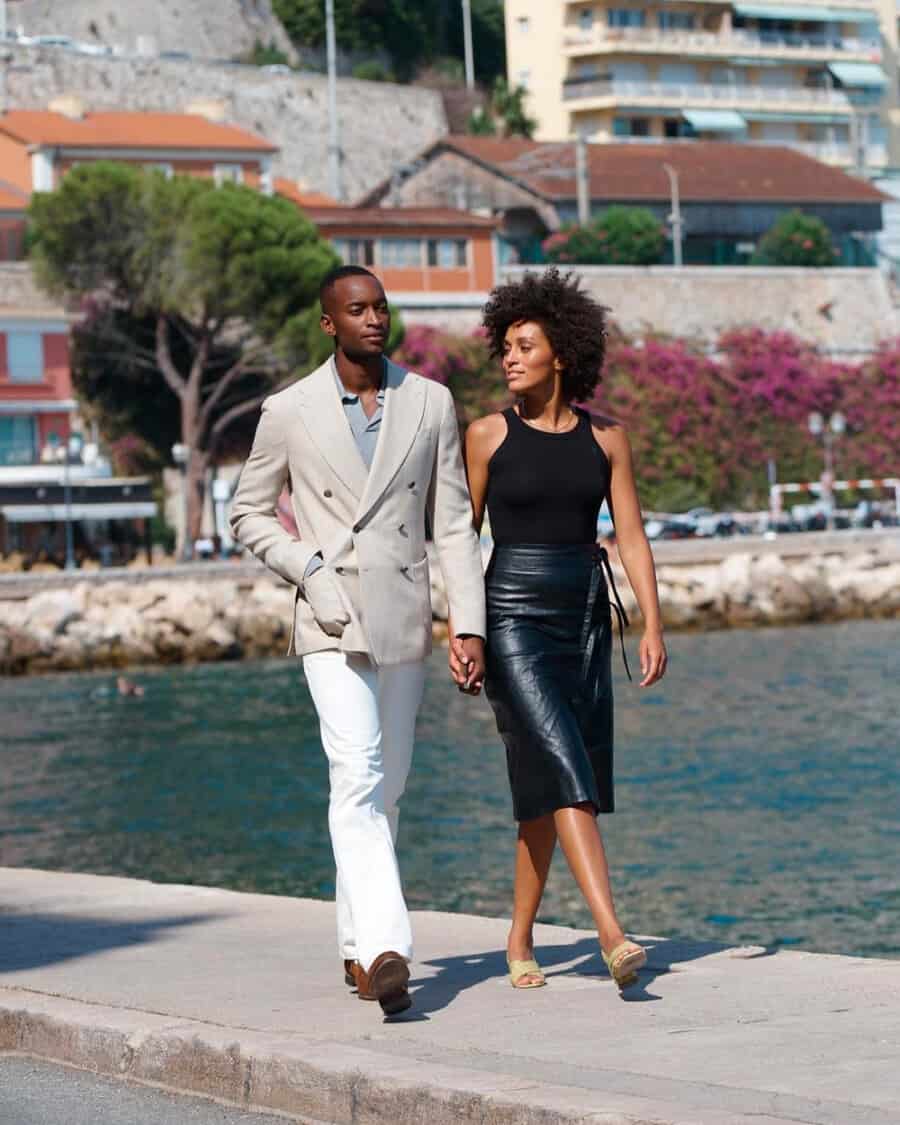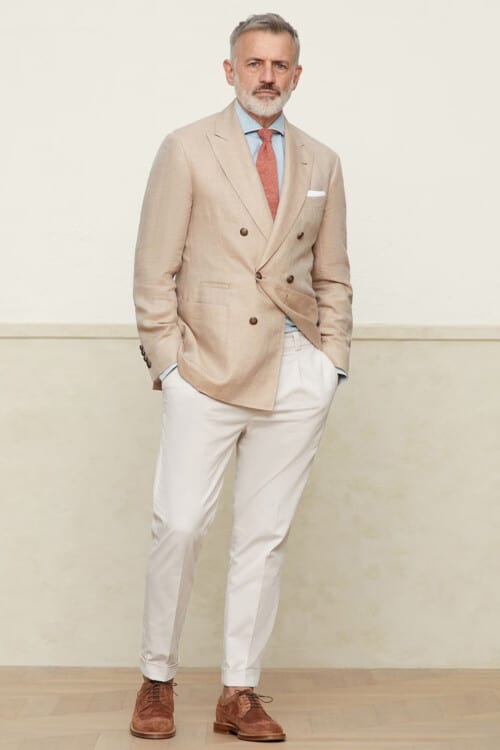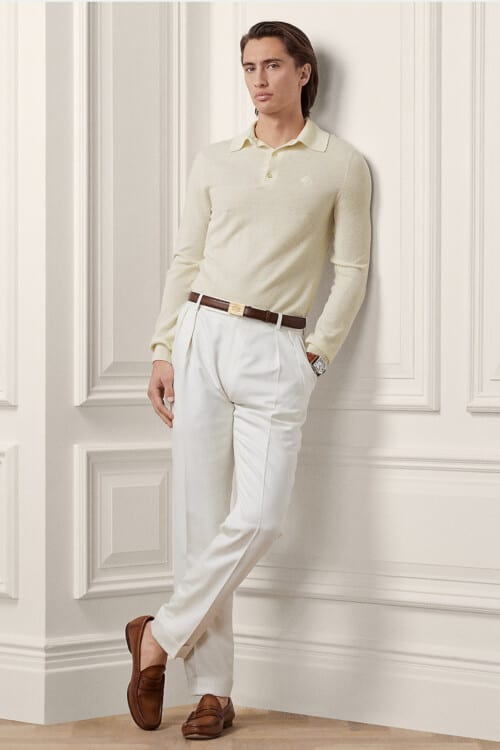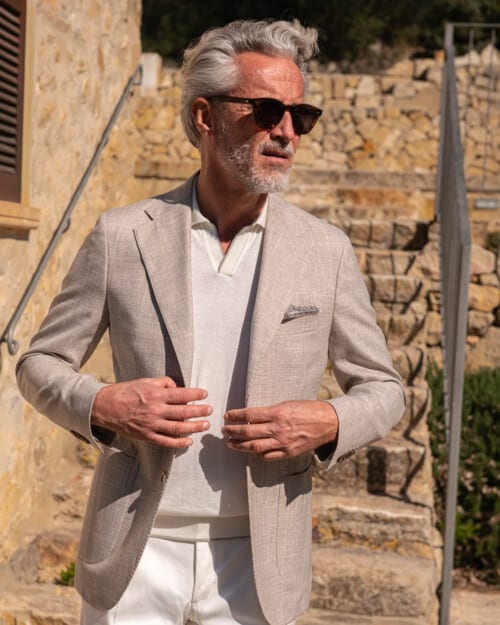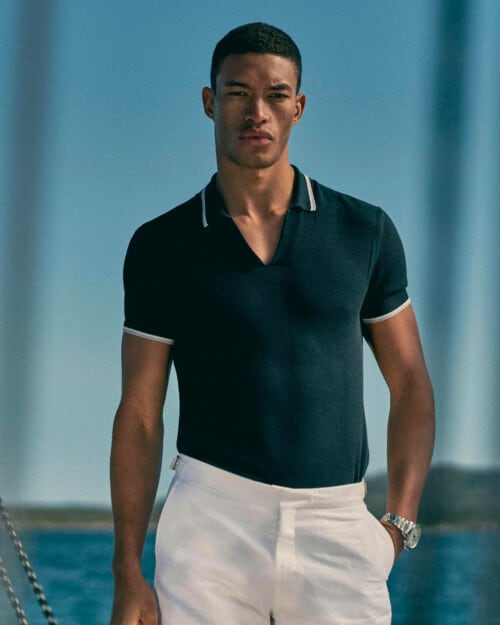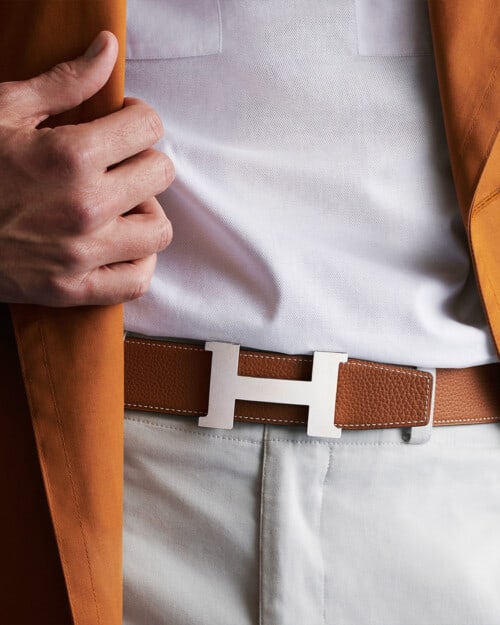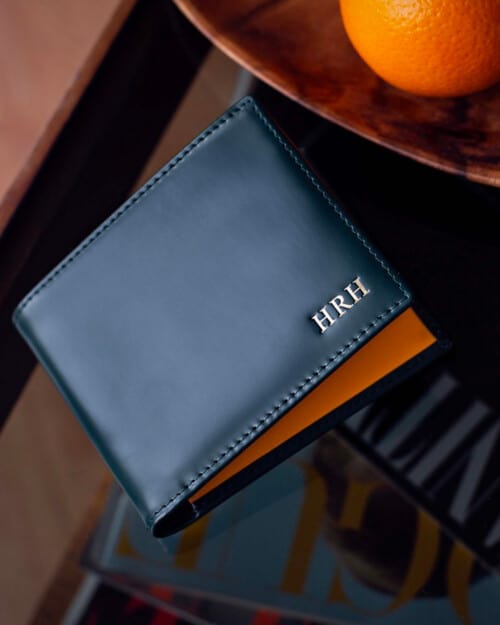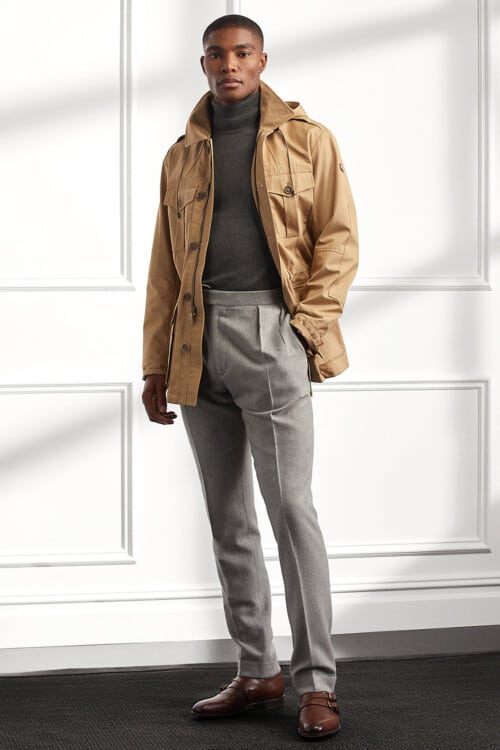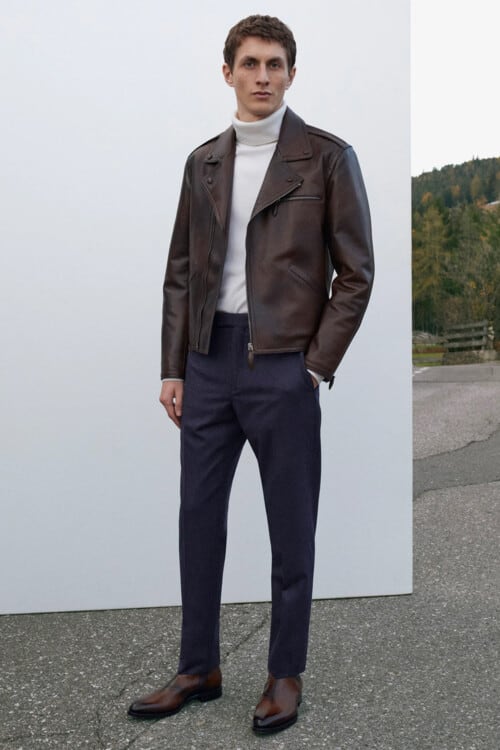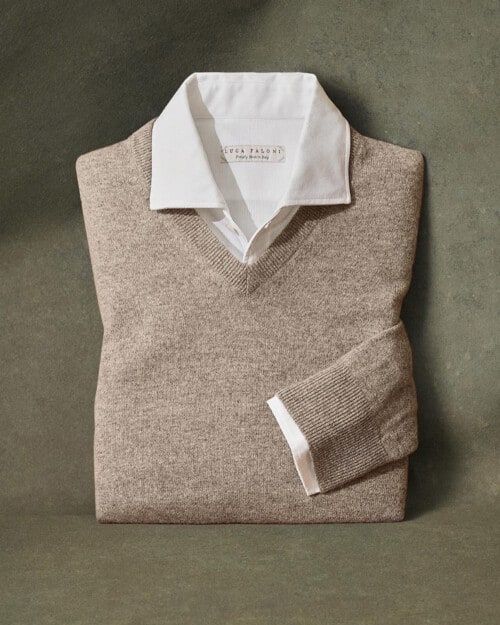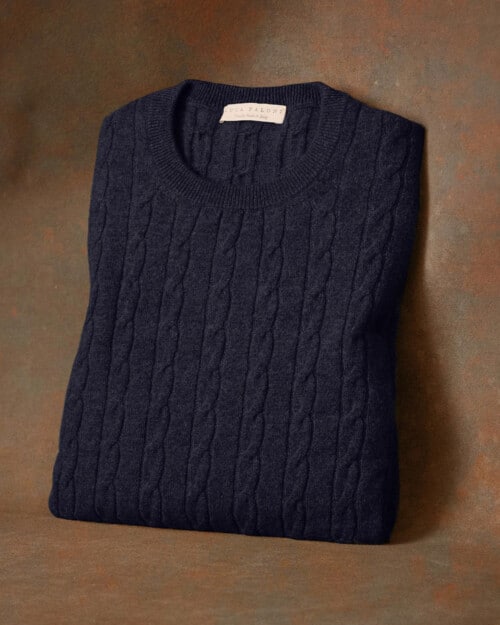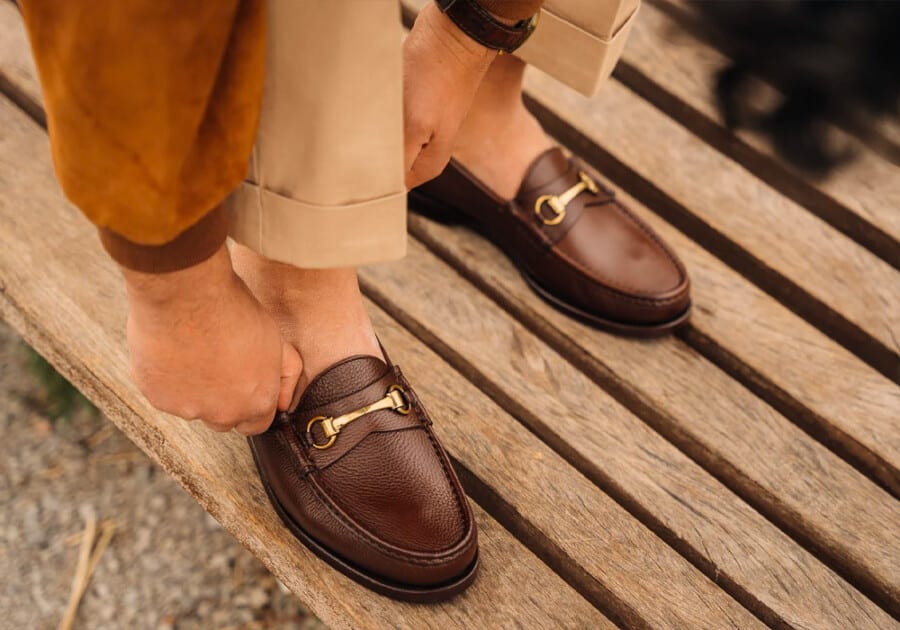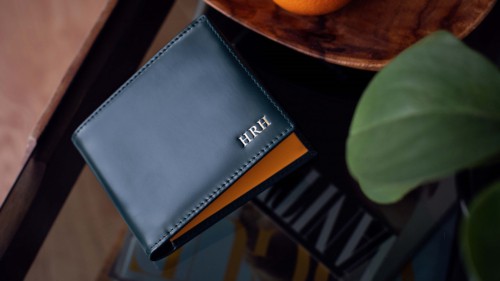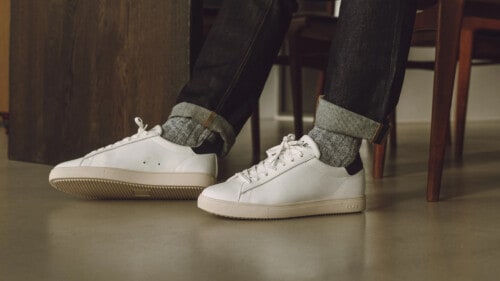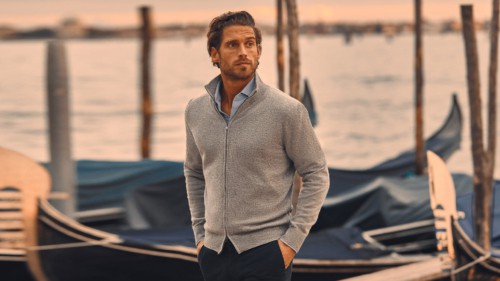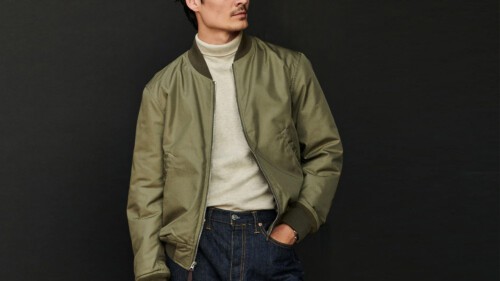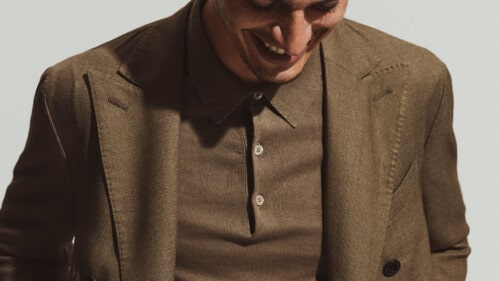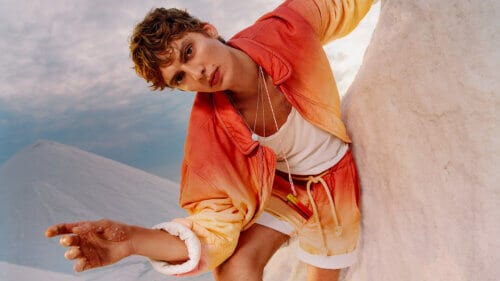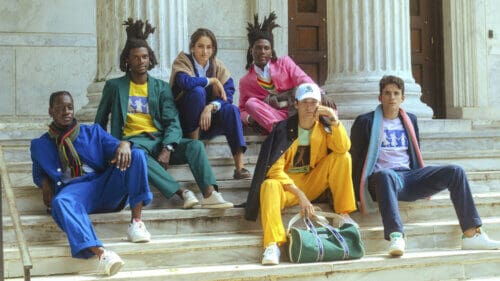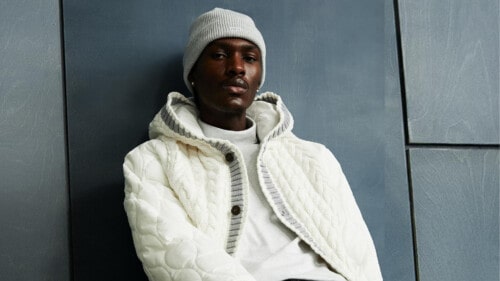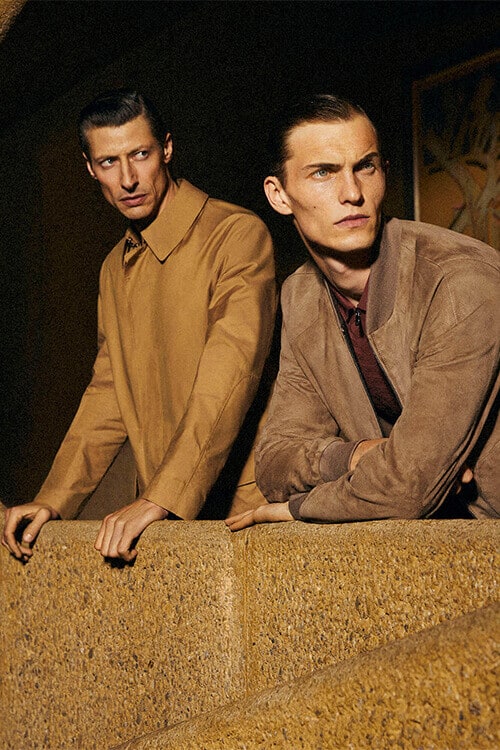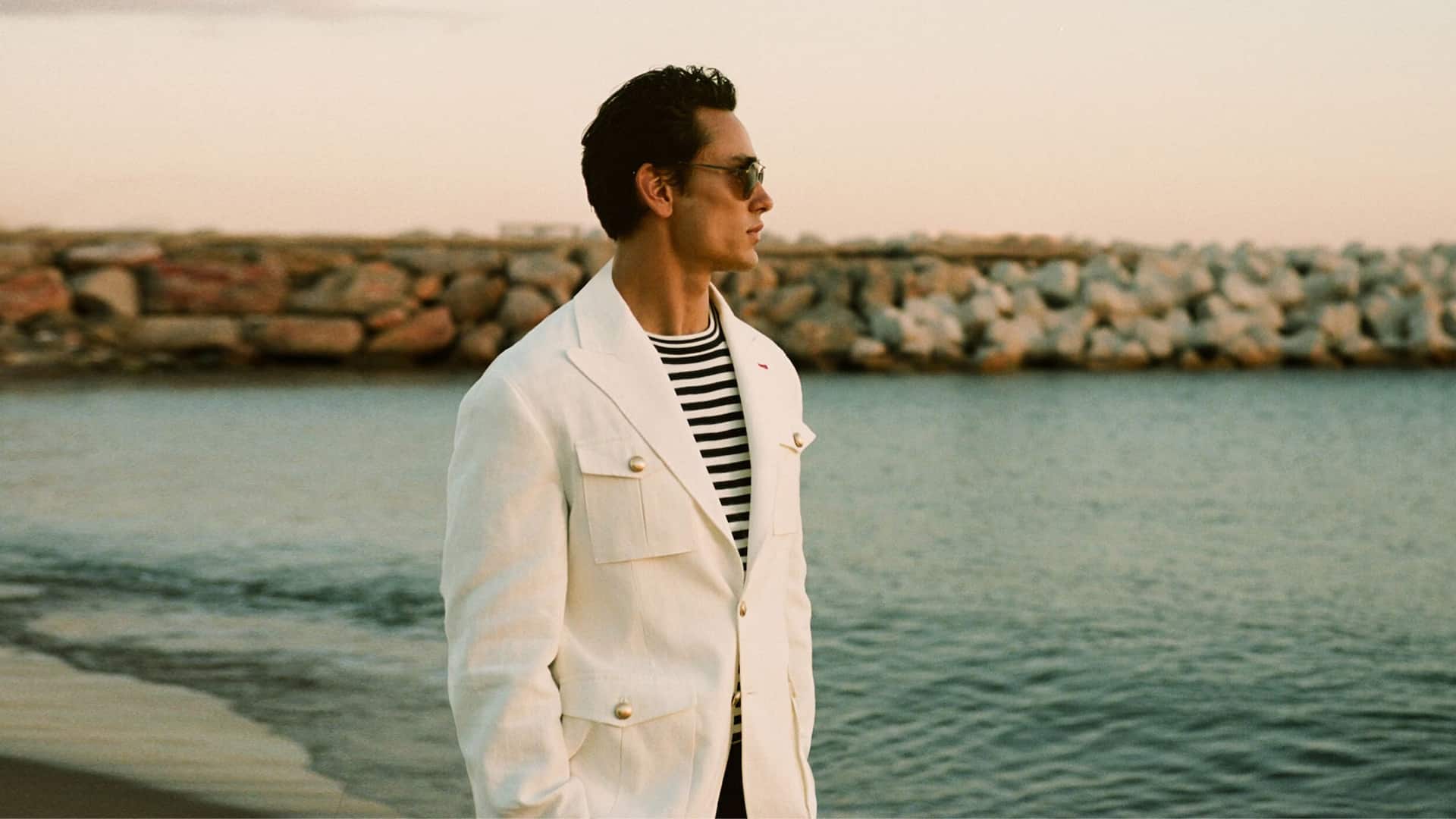
Old Money Aesthetic: How To Get The Look In 2024
We show you how to dress old money in a modern and stylish way. Forget all its fusty connotations, this aesthetic oozes understated luxury if done right.
Old money’s got style? It certainly depends on where you look. But there’s definitely an aesthetic that harks back to the Hollywood golden era of the 1950s which has perpetuated ever since, only in ever-diminishing circles.
So what does old money style look like in 2024? Today, it’s essentially a form of stealth wealth dressing, otherwise known as quiet luxury, but with one foot firmly in the sartorial past. If you’ve managed to peruse any of the street style images from the most recent Pitti Uomo trade show in Florence, then you’ll know exactly what we’re talking about.
Pitti is, in a nutshell, a group of industry gents dressing like old money – perhaps hoping, by some magical sartorial osmosis, that it might rub off on their bank accounts. We digress.
At the core of old money style is a love of high-end tailoring and fine fabrics. You won’t find a single piece of branding or logo use, only exquisite cloths cut perfectly and in a timeless and sophisticated silhouette.
The poster boys of old money style are not today’s celebrities, but rather the actors and socialites of the 50s, 60s and 70s, for whom stylish dressing was a god-given right. People like Cary Grant, David Niven, Gianni Agnelli and the cast of characters from the photographic oeuvre of Slim Aarons continue to be the pillars of the old money aesthetic today.
There’s also the Ivy League influence and preppy style, which began in the rowing clubs of Oxbridge and found its way over to the US, where it became popular in the best academic institutions.
The great thing is you don’t need a trust fund or double-barrelled surname to jump on the old money style train, but you do need to follow a certain set of rules and sartorial regulations in order to look the part…
Quality is everything
Old money style is a timeless aesthetic that never goes out of fashion, hence the pieces need to be of superior quality to stand the test of time. Consider every garment you purchase as an investment, rather than a piece of clothing that is going to last you a season or two.
That means doubling down on premium natural fibres such as merino wool and cashmere in the winter, and organic cotton, linen and silk in the summer. Where possible you should only buy from artisan makers who can guarantee the very best quality of fabric and construction.
Truly well-made garments should be able to be passed down to the next generation.
Neutral colour palette
While the old money set that raised hell on the French Riviera throughout the 50s to the 70s certainly new how to dress flamboyantly, at the core of the old money aesthetic is quite a muted and understated colour palette that leans heavily on light tones such as beige, white, off-white, grey, cream and tan.
Navy is a key hue for winter, as is charcoal, but these darker colours are always contrasted with the much softer shades of tobacco and cream.
Only very rarely will you see old money flashing shocks of vibrant tones or garish patterns – they tend to be the ones with eccentricity running through the family. At the very least, a neutral toned wardrobe is so much more versatile and easy to style than one featuring every tropical colour under the sun.
Ditch the branding
In a world in which it seems like every luxury fashion house has doubled down on logo motifs and branding, old money style eschews this brazen marketing for a much quieter and self-assured sense of luxury.
The only logos you’ll find on this type of clothing are the carefully stitched ones on the label inside. Old money style doesn’t need to advertise its wealth through crass statements of tribal fashion.
Elevated tailoring
Elegant tailoring is the core of all old money wardrobes. Naturally, the lounge suit plays an important part in the aesthetic, with sharply cut two- and three-piece styles being key professional kit.
When it comes to silhouette, old money tailoring conforms to a more traditional style of suiting, featuring full wide lapels and a bespoke fit that flatters the dimensions of the torso. Both single- and double-breasted jackets are an option, with old money favouring the double-breasted blazer when opting for separates.
The choice of superior fabrics goes without saying, and most old money wardrobes will have an array of suiting essentials: the charcoal pinstripe, the midnight navy suit, the double-breasted navy blazer, the grey flannel suit, and the pastel or tobacco linen suit for summer.
For inspiration you only need look at the style of Cary Grant or Gianni Agnelli in their heyday. The most important consideration is to opt for superior quality cloths and a cut that is flattering and timeless. A great suit cut in the 50s will still look like a great suit in the 2050s.
Contemporary icons today are people such as Andreas Weinas and Permanent Style’s Simon Crompton, as well as the likes of Alexander Kraft who has also launched his own line of old money ‘Monte Carlo’ menswear.
The golden era of Hollywood leading men
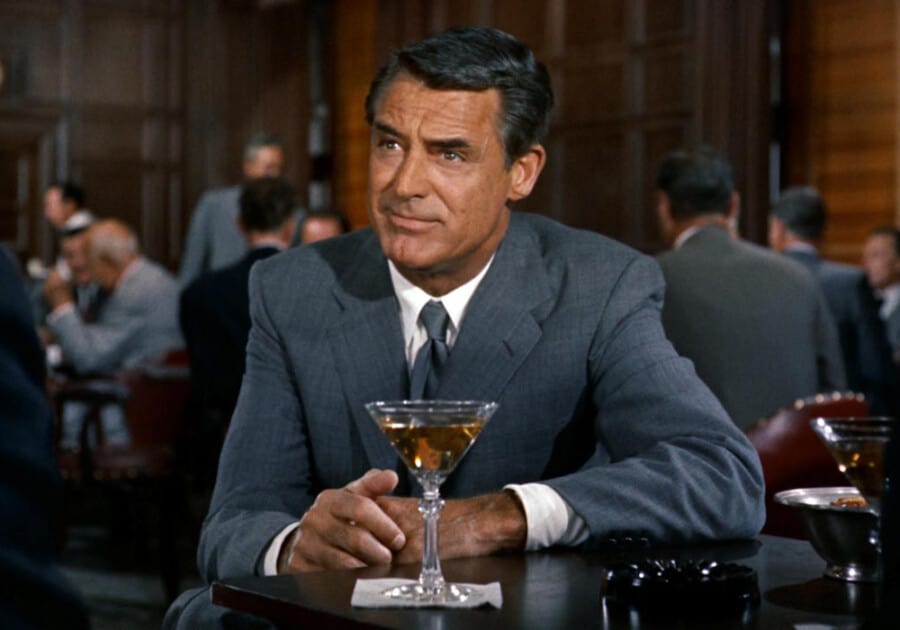
Speaking of old money icons, the place to look for inspiration is the Golden Era of Hollywood. It was a period during which the first real style icons were made, and actors had leverage over the fashion trends of the time.
Think of Gregory Peck’s stunning seersucker suit in The Catcher in the Rye, or the aforementioned Cary Grant in any number of epic Hitchcock flicks. Then there’s the likes of Fred Astaire, Humphrey Bogart, Clark Gable, James Dean, Sydney Poitier, Frank Sinatra and Marlon Brando.
At the same time, you had the rise of the industrialist billionaires like Agnelli and Gunter Sachs – all of whom came from money and made a lot more of it, but whose style was impeccable and their flair undeniable.
The navy blazer
Perhaps the single most important garment in the old money wardrobe, the navy blazer – whether single- or double-breasted – is like the glue that sticks the rest of the collection together.
Beautifully cut in a worsted wool for winter or a tropical wool or hopsack for summer, the navy blazer is that most versatile of tailored garments, able to be worn with a shirt and tie or a simple T-shirt if need be.
The gold button variety has been consigned to the archives, so today’s navy blazer conforms to more contemporary standards, with one-button, single-breasted cuts or elegant double-breasted varieties with broad peak lapels.
There isn’t a pair of pants you can’t wear either with, nor an elegant white linen shirt that won’t instantly make you look like you’ve just stepped off the family yacht.
Ralph Lauren Purple Label
For a more modern reference of old money style look no further than Ralph Lauren’s Purple Label. The legendary designer who brought preppy Americana to the masses is also one of the finest proponents of the old money look, leaning heavily on that classic Hamptons aesthetic with rich knitwear and sumptuous tailoring.
Lauren’s Purple Label is the pinnacle of the brand, featuring a superior sartorial offering in a slew of stunning fabrics cut in timeless silhouettes.
If you’re ever in need of inspiration then a Purple Label lookbook is an excellent place to start. Of course, if you’ve got the money, it’s also an excellent place to shop.
Riviera style of the 60s and 70s
It’s easy to fall into the trap of thinking that the old money style is all double-breasted blazers and turtleneck jumpers but in fact it’s quite the contrary. Many of the timeless ‘money’ looks that we know today came out of a period of great excess, and the French Riviera was the Mecca for it.
Places like Cannes, Antibes and St. Tropez became the playground for the world’s elite and so much of the old money summer vibe has its origins there.
It wasn’t in the least bit boring either: wealthy industrialists such as Gunther Sachs were some of the first to mix up casual knitted polo shirts with sharp tailoring, and injected more of a bohemian appeal into a sartorial wardrobe.
Nevertheless, at the core of these flamboyant looks was superb fabrications. Think linen chinos and shirts contrasted with Gucci horsebit loafers. Images of these playboys continue to influence a lot of the summer clothing that contemporary brands produce today.
Fine knits
If there’s a surefire way to inject your wardrobe with some old money appeal it’s to invest in high-quality knitwear made from extra-fine merino wool, 100% cashmere, or cashmere/silk/linen blends.
Again, sticking to a muted colour palette of beige, cream and tan, as well as base hues like navy, will serve you well, as will having an arsenal of crew-neck jumpers, roll necks and shawl collar cardigans to call on.
Furthermore, luxury knitwear, if kept well, can last for decades and is a really sustainable approach to looking good for longer. Invest in a selection of fine-gauge jumper styles and knitted polos that you can wear with suits and separates, as well as some chunkier heritage knits for off-duty weekend looks.
Checks appeal
Classic check patterns are an essential part of most great wardrobes but they play an especially important role in an old money one, not least in the tailoring section where Prince of Wales and windowpane checks can really elevate a business suit or sports jacket.
Given the heritage of checks – they were originally created for estate staff to wear to delineate them from other Scottish Highland estates – the motif naturally has a sense of prestige and history.
They are especially effective when incorporated with navy and charcoal suiting, but besides tailoring, designs such as Madras can also be deployed in an Ivy League aesthetic via preppy shirts and blousons.
Separates
Old money might have made its fortune in the City wearing an array of elegant suits, but the tailoring doesn’t get any time off on weekends. Instead, the old money aesthetic continues the sartorial approach throughout Saturday and Sunday in the shape of tailored separates.
Far less formal than a business suit but nonetheless smart, separates show a degree of sophistication and casual elegance that can be styled for any social situation.
An oatmeal check single-breasted blazer in cashmere worn with jeans and tan loafers, or a navy double-breasted jacket teamed with a cashmere knitted polo shirt and white cotton chinos, are the weekend uniform of the old money sartorialist.
White trousers
If there’s one garment that sets apart old money style from any other genre, then it has to be white pants. Whether it’s a smart pair of cotton chinos or more elevated tailored wool trouser, white styles are the perfect adjunct to a navy or oatmeal blazer, as well as beige knitwear.
Cut with a natural taper from the thigh, with a slight crop in length as well as a turn-up, the white trouser is best deployed in summer where it can be dressed up or down as you see fit.
Its preferred dance partner is the tan suede loafer, which takes the formal edge off the trouser. Off-white and ivory tones are also perfectly acceptable in the old money wardrobe.
Summer linens
Go to any of the old money summer holiday spots such as Portofino, the French riviera and Costa Smeralda and you’ll find more than a smattering of stylish cats decked head to toe in soft slubby linen.
From loose-cut shirts with the sleeves rolled up to smart tailored trousers and summer separates, linen is the go-to fabric for the jet set. Why? Well not only is linen the most sustainable natural fibre that we produce, but the slight crumple of the fabric gives it a relaxed off-duty feel, especially in suits and separates.
A great pair of linen tailored shorts are absolutely essential summer kit, paired with suede loafers or leather boat shoes and a short-sleeve linen shirt.
Knitted polo shirt
A modern component of the old money aesthetic is the knitted polo. Whether in cotton piqué or super-fine cashmere blended with silk, the knitted polo has transcended its sporting heritage to become a key part of the smart-casual old money wardrobe, able to be worn with suits or tailored separates in any number of social situations.
With the soft collar construction and a glossy handle, it is an incredibly chic off-duty garment for the sartorially inclined and brands such as Luca Faloni, Colhay’s and Artknit Studios produce some masterful iterations.
High-end accents
While old money style typically eschews branded garments, the same might not be said for its accessories, where a modicum of flash is permitted.
We’re thinking here specifically of belts and wallets, where a discreet branded buckle or geometric logo print adorned with one’s initials just reminds any onlookers that there is generational wealth behind this understated look.
God is in the details after all.
Vintage elements
The upside of buying high-quality garments is that if you look after them well enough they will last a lifetime. Old money knows this all too well, often diving into the wardrobe archives to dig out a jacket or piece of outerwear from another decade – and it still looks as awesome as ever did.
Think wax cotton safari jackets, leather flight jackets, or a beautiful camel cashmere coat. Adding these vintage elements to your wardrobe gives it a much more dynamic look, shows you care about quality and are not frivolous about how you spend money.
Cashmere everything
That’s right. Old money owns pretty much every menswear silhouette ever made but in cashmere. Because why buy merino or lambswool when you can buy cashmere?
The only rule: make sure every piece of cashmere you own is navy, beige or tan.
Loving loafers
While every good old money wardrobe worthy of the moniker will own dress shoe known to man (and multiple pairs), one style which can never be left out is the loafer.
Whether it’s a buttery-soft suede Belgian slipper, a more robust leather penny or horsebit design, or even a driving shoe, the loafer has a relaxed yet elegant attitude that says “I care enough about my appearance to not wear sneakers, but not so much that I need to come in blazing in double monks.”
Where an overly burnished pair of Oxfords might be deemed gauche in certain crowds, one cannot say the same for a pair of suede loafers. They can be worn with everything from faded linen shorts to a beautiful summer suit, all in a most sprezzatura of manners.
